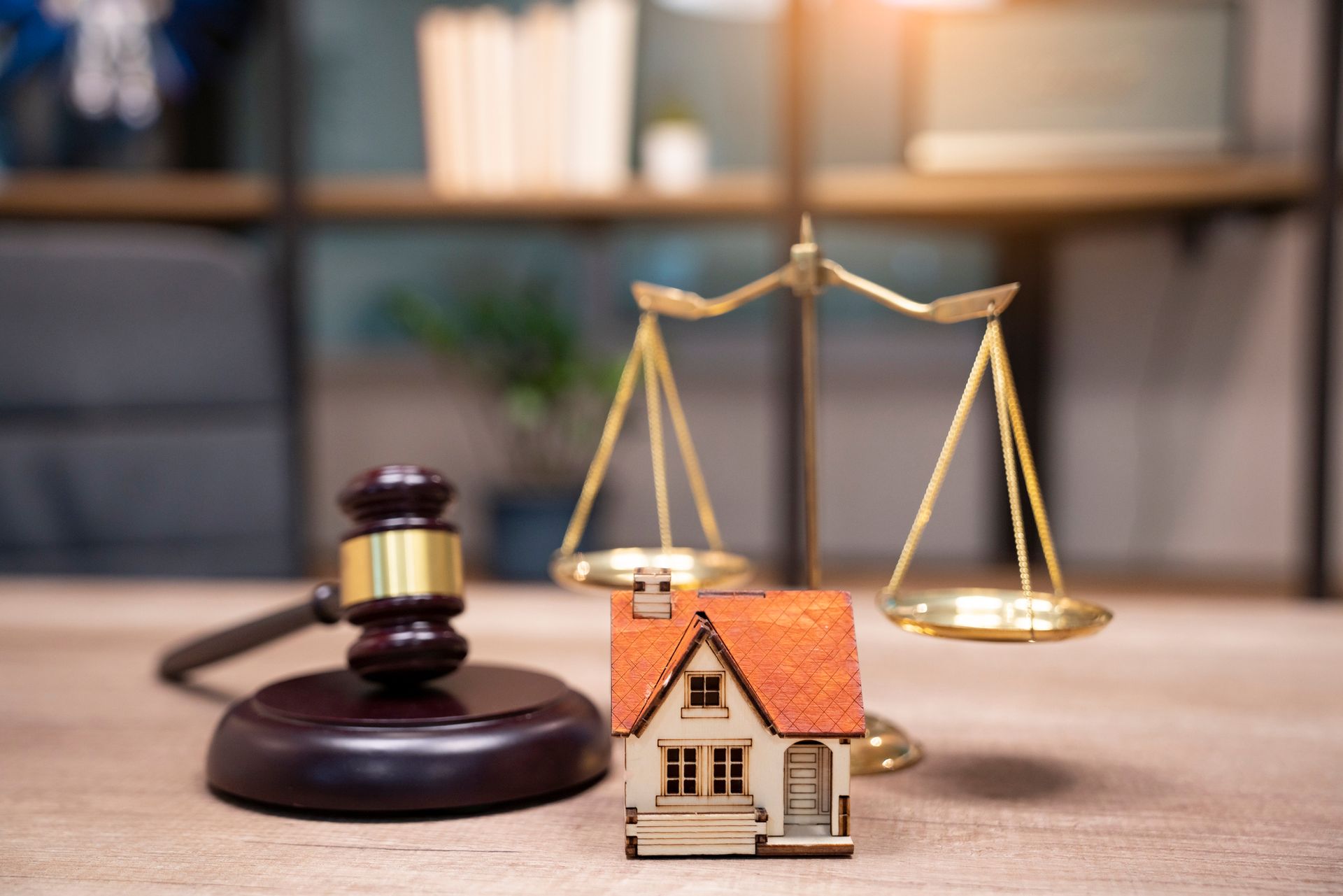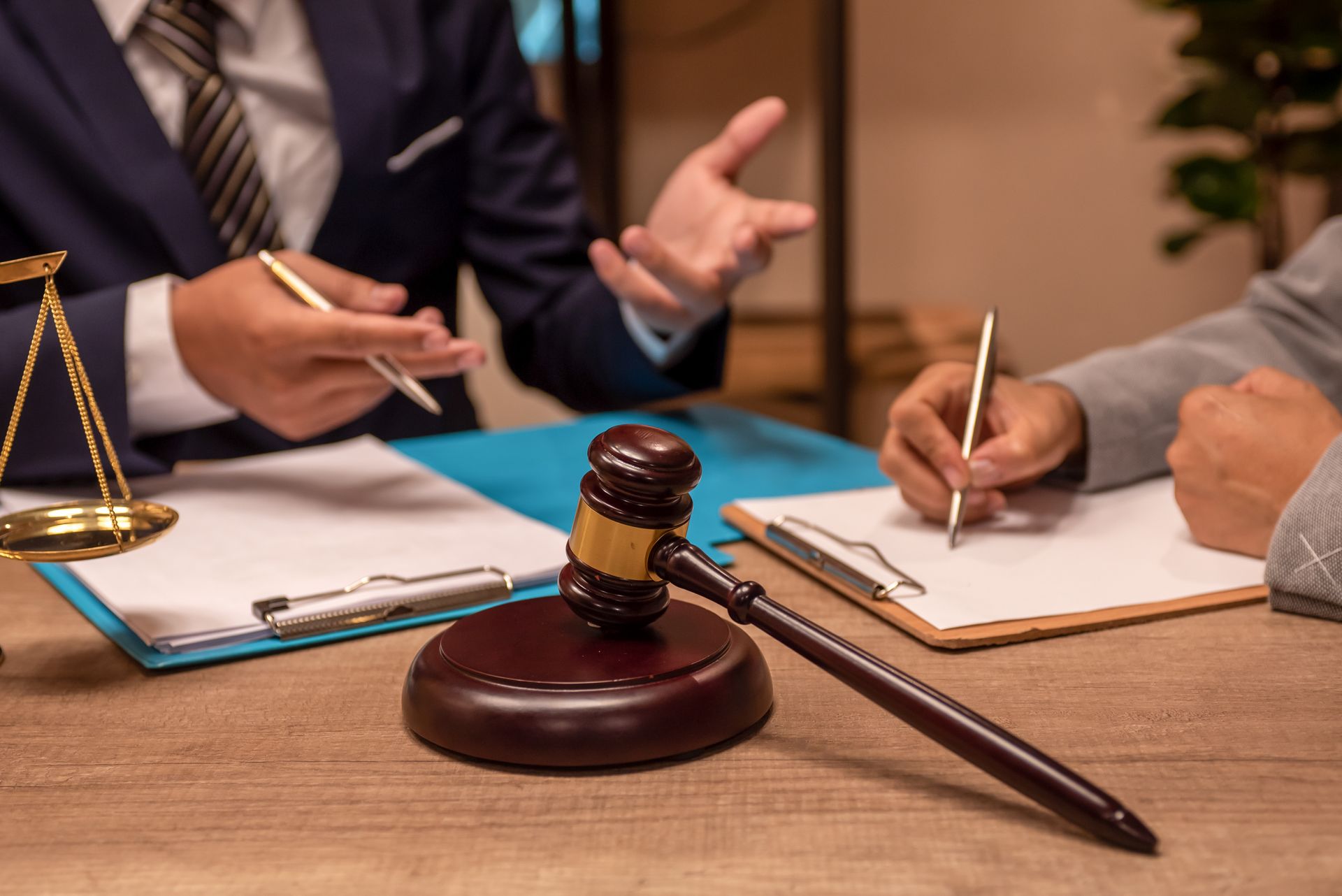How Our Chapter 13 Lawyer Can Help You Avoid Foreclosure

As of January of this year, New Jersey is tied with Illinois for having the highest foreclosure rate in the country. With a foreclosure filing rate of one in every 2,647 housing units, foreclosure is an unfortunate reality many NJ residents face every year. Veitengruber Law has worked with clients facing foreclosure in NJ for over a decade. We understand the uncertainty and anxiety of facing foreclosure. We offer proven legal solutions with compassionate support. Veitengruber Law's foreclosure defense methods can help you escape debt and save your home.
We utilize a number of legal strategies and robust foreclosure defense action plans. Mortgage modification, debt consolidation, short sales, and bankruptcy are just some of the successful legal solutions we offer our clients facing foreclosure. One of the most effective ways to stop foreclosure is Chapter 13 bankruptcy.
What is Chapter 13 Bankruptcy?
Chapter 13 bankruptcy is commonly known as personal reorganization. When filing a petition for Chapter 13 bankruptcy, you agree with the bankruptcy court to repay some or all of your debts over three to five years. This repayment plan will set you up to make interest-free payments that are dispersed to your creditors. Chapter 13 bankruptcy is a great way to keep your home while catching up on mortgage arrears.
Eligibility for Chapter 13 bankruptcy is contingent on your income and your debts. Only individuals and sole proprietors can file Chapter 13, not corporations or small businesses. You must also have regular income to file Chapter 13 bankruptcy, including wages, social security, pension, alimony, or any other kind of regular income. While Chapter 7 bankruptcy has income limits for eligibility, there are no income limits for Chapter 13. However, Chapter 13 does have debt limits in place. You are ineligible for Chapter 13 bankruptcy if your debts are more than $2.75 million.
How Can I Sign-up for Chapter 13 Bankruptcy?
To file a Chapter 13 bankruptcy petition, you must complete a required credit counseling course within 180 days prior to filing. Proof of completion of this course must be filed with your petition. A bankruptcy or foreclosure defense attorney can help you file your petition with the court. The petition should include an accounting of all of your debts, assets, income, and expenses. You will also need to submit a statement of financial affairs. When you submit your petition, you will be required to pay a fee of $313.
In addition to the credit counseling and the bankruptcy petition, you must submit a proposal for your Chapter 13 bankruptcy plan. This plan will propose how you intend to pay creditors and how much debt you will pay back. These payments must be paid monthly over the course of three to five years. While the court may change or amend this plan as your bankruptcy proceeding goes forward, you must submit a proposal with your bankruptcy petition.
How Can Chapter 13 Bankruptcy Stop Foreclosure?
Here are some of the ways we help our clients utilize Chapter 13 bankruptcy to avoid foreclosure:
1. The Automatic Stay Period
Once you file for bankruptcy, you enter into the "automatic stay" period. The automatic stay prevents most collection activity. Your creditors will no longer be able to harass you by mail or phone, bring forward a lawsuit, utilize wage garnishment, repossess your property, or begin a Sheriff sale. This alone can be a great relief to clients who are facing an endless deluge of harassing calls from creditors. The automatic stay means that your mortgage lender cannot begin or move forward with foreclosure. Even if they have already filed for foreclosure, any legal proceedings must pause while the automatic stay is in effect. Under Chapter 13 bankruptcy, the automatic stay will remain in effect until you complete your repayment plan.
The only collection or legal action that will not stop during the automatic stay is for child or spousal support, tax proceedings, criminal proceedings, or payments toward loans from a pension.
2. The Opportunity to Cure Your Mortgage
One of the greatest advantages Chapter 13 offers is the opportunity to cure your mortgage default and save your home. Your Chapter 13 repayment plan will likely prioritize paying back secured debts first. This will allow you to catch up on any missed mortgage payments. With a three- or five-year repayment plan, paying back debts can be more affordable under Chapter 13. As long as you continue to make regular payments on your mortgage, you can end your repayment plan debt-free and in good standing with your mortgage company. This will eliminate the need for foreclosure.
3. The Gift of Time
Even if you choose not to stay in your home, filing for Chapter 13 can give you the time you need to come up with a solution that benefits you more than foreclosure. Selling your house the traditional way or through the short sale process may be more beneficial to your specific situation. A bankruptcy and foreclosure defense attorney can help you determine the solution that will work best for you. Either way, Chapter 13 slows down the process and gives you time and space to make these difficult decisions.
What If I Default on My Chapter 12 Payments?
You will risk losing your home if you cannot keep up with your Chapter 13 repayment plan. Once you, the court, and your creditors agree, your repayment plan must be followed. If you default on your plan, you will still owe all the debt that you did not pay back under your plan. If that includes mortgage payments or arrears, you are putting your home at risk.
The automatic stay will end if you stop making your agreed-upon payments. The court will notify your lenders that they have permission to proceed with any legal or collection actions against you. At this point, foreclosure on your home is likely.
If you are ever concerned that you may default on your bankruptcy repayment plan, it is critical to communicate quickly and effectively with your court-appointed bankruptcy trustee. There are some circumstances in which the court may allow you to defer payment or temporarily suspend them. An attorney can help you work with the court if changes in income or sudden life events make your bankruptcy repayment plan no longer feasible.
We Can Help You File Today!
Chapter 13 bankruptcy is an effective tool to stop foreclosure, prevent sheriff's sales, end creditor harassment, avoid repossession, halt utility shut-offs, and eliminate debt. If you are struggling to pay your bills or facing the loss of your home, Veitengruber Law can help. We are experienced with Chapter 13 bankruptcy cases. Our legal team can help you save your home and get out under the weight of unmanageable debt. Reach out to us for a free consultation today!










